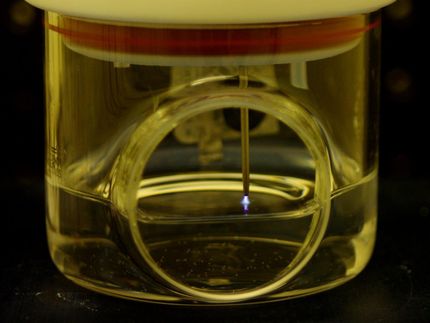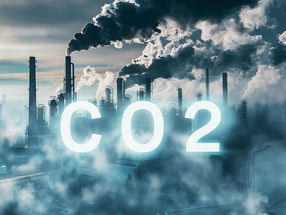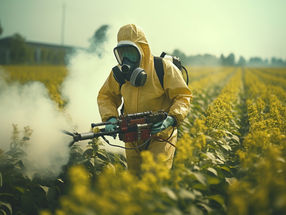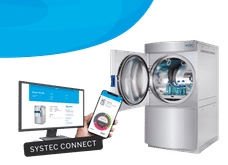Uniform analyses for clean drinking water in Europe
PTB scientists receive award for concept of comparability and traceability of water analyses
Advertisement
Clean water is a matter of survival for humans, particularly when it is used for drinking, cooking and for food manufacture. Therefore, the EU member countries have in several guidelines undertaken to guarantee their citizens sustainable clean drinking water. The requirement for this is, however, a water analysis that provides the exact values for possible toxic substances, which are then also internationally comparable. Therefore, scientists from the Physikalisch-Technische Bundesanstalt (PTB), together with researchers from the University of Stuttgart (AQS BW) and the Rhenish-Westphalian Institute for Water Research (IWW) have worked out new metrological concepts as to how the comparability of measurement results can be achieved without additional time and effort. For this work, in November, the researchers received the CITAC Award 2009.
CITAC stands for Cooperation on International Traceability in Analytical Chemistry and is an association of representatives of important industrial countries from all continents. Their goal is to improve the traceability in chemistry at the global level. The international comparability of analytical measurement results is to be ensured, independent of the time and place of its origin. This is of crucial importance for achieving uniform standards of quality for drinking water in all the European countries.
Nationally and internationally, chemical measurements are compared as a rule by round-robin tests. Hereby, the participating laboratories receive samples of unknown concentration for analysis. Until now, a result was deemed to be good if it was as close as possible to the mean value of all participants' results. This so-called consensus value can, however, clearly deviate from the actual concentration and thus possesses a correspondingly large uncertainty. The new concept for conducting round-robin tests by PTB, AQS BW and IWW uses metrologically traceable reference values with possible uncertainties in the range of one percent or less. These reference values serve as a basis for the increasingly required international comparability of measurement values and are, moreover, available to the participating laboratories as reliable reference points for checking the accuracy of their measuring methods.
This is made possible by very accurate sample preparation: The sample preparations are performed by gravimetric or volumetric addition of certain amounts of the analytes to tap water (matrix). The reference values are determined from the added amounts as well as the concentration of the analytes present from the outset in the original tap water. To determine the latter is difficult, however, due to the mostly low concentration. It was now possible to demonstrate that the participants' results could be drawn on to determine the initial concentration of the water. To this end, a method similar to that of the standard addition was developed, with which these initial concentrations were obtained through extrapolation, without additional work expended and with sufficiently good uncertainty.































































